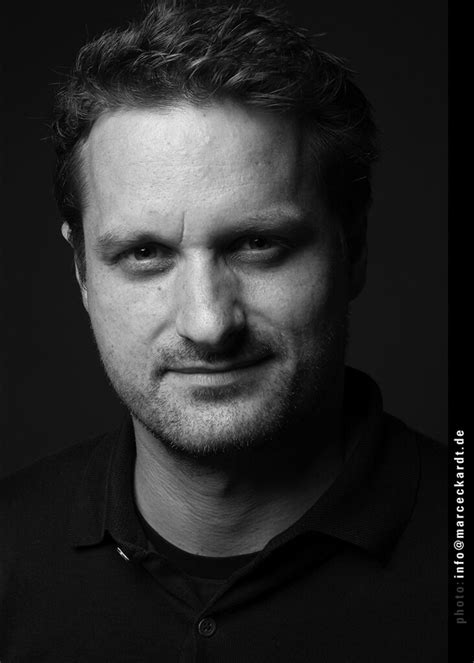A Quote by John Norquist
Highways dont belong in cities. Period. Europe didnt do it. America did. And our cities have paid the price.
Related Quotes
Fifty percent of the world's population lives in cities. In a couple of decades, 70 percent of the world's population will be living in cities. Cities are where the problem is. Cities are where the solution is, where creativity exists to address the challenges and where they have most impact. This is why, in 2005, the C40 was founded, an organization of cities that address climate change. It started with 18 cities; now it's 91. Cities simply are the key to saving the planet.
In some of the great cities of Europe - Paris, Vienna, Prague, and Brussels - tourists bored with life above ground can descend below. All these cities have sewer museums and tours, and all expose their underbelly willingly to the curious. But not London, arguably the home of the most splendid sewer network in Europe.
It will be interesting to see if Seoul's urban vocabulary of numerous, ever-present interactive screens will translate to other cities such as Beijing, London, and New York. It will also be intriguing to see if smaller cities and towns adopt aspects of Seoul's screen culture throughout Asia, Europe, and North America.
The Spirit of Cities presents a new approach to the study of cities in which the focus is placed on a city's defining ethos or values. The style of the book is attractively conversational and even autobiographical, and far from current social science positivism. For a lover of cities--and perhaps even for one who is not--The Spirit of Cities is consistently good reading.
You came to tell us that the great cities are in favour of the gold standard; we reply that the great cities rest upon our broad and fertile plains. Burn down your cities and leave our farms, and your cities will spring up again as if by magic. But destroy out farms and the grass will grow in the city...You shall not press down upon the brow of labour this crown of thorns. You shall not crucify mankind upon a cross of gold.
As a country, Americans have to find a way to keep our cities solvent. If large numbers of cities no longer have the necessary tax base, we have to find federal methods to intervene. If we don't, there's a risk of dozens of cities simply being left to their bankrupt fates - and I can't see how that serves anybody's interests in the long run.
You have to take in the whole picture, and ask, "What is it you want? What kind of world do you want?" So, I have drawings of different cities. Those cities have an end goal; they're not just cities. The end goal of those cities is to make things relevant to people that they respond to. There's no other way.

































